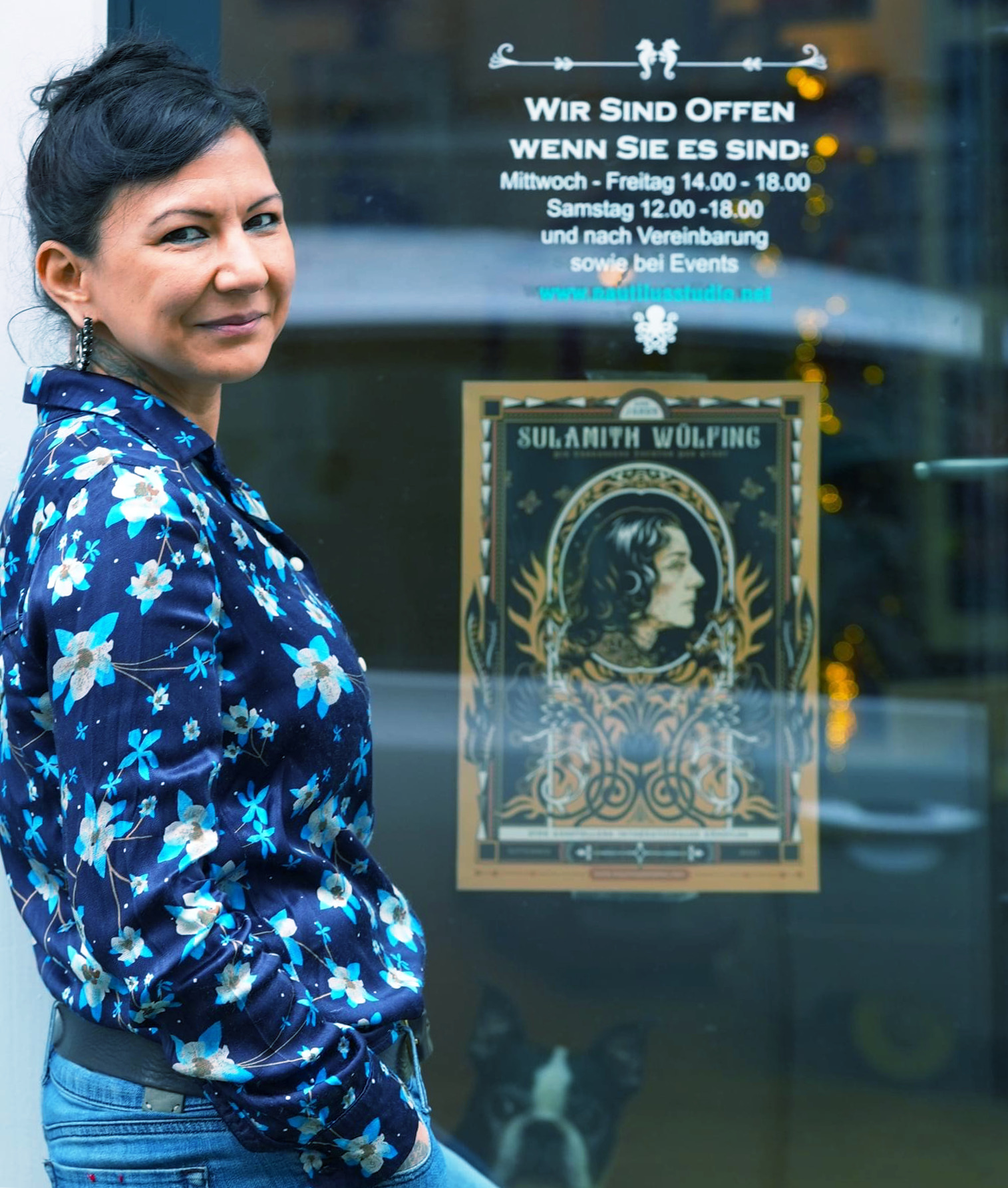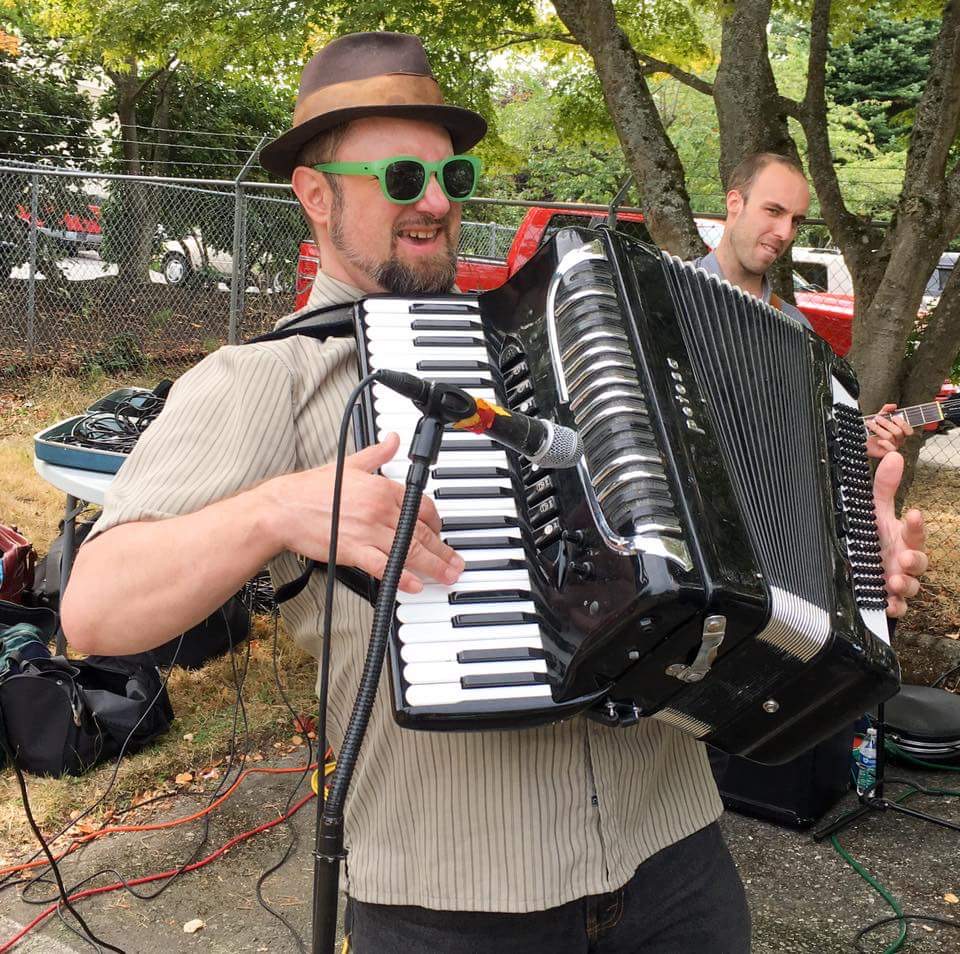"[G]ood light music is… more valuable than bad serious music." - Kurt Weill, 1936
"I write for today. I don't give a damn about writing for posterity." - Kurt Weill, 1940
"It was a sound one hadn't heard before… entirely new and fresh, a wholly original sound, utterly contemporary." - Robert Lantz, recalling the 1928 premiere of Threepenny Opera in Berlin.
"Damn, we slave six months to get a thing like [the transitions between the real and fantasy scenes in Lady in the Dark], and Kurt does that with two notes on the clarinet." - Aaron Copland to Maurice Abravanel, 1941
"He was an architect, a master of musico-dramatic design, whose structures [were] built for function and solidity." - Virgil Thompson, 1950
"I'm finally doing what I was always supposed to do, except I didn’t have that trust in life, so I resisted." - Marianne Faithfull on performing Weill's music, 1997
The Weill Project is dedicated to the work of the German (later American) composer Kurt Weill (1900-1950, surname pronounced like "vile", though in America he didn't object to "wile"); lots more about him in Wikipedia 🔗 and in our blog. In December 2020 we began what will be a years-long process of creating original arrangements of Weill's songs, about a dozen of which are ready for performance as of December 2021. The Project also includes critical and historical study of Weill's life and work and of "Weill-adjacent" topics, and we will be putting together a series of academic lecture/demonstrations. We are also creating visual art related to or inspired by Weill and his songs.
We are currently (December 2021) looking for reasonably Covid-safe opportunities to perform this material publicly.
Kurt Weill
Kurt Weill is best known for his close collaboration in 1927-1930 with German poet, playwright, and theorist Bertolt Brecht, with whom he created numerous stage works, most famously the Threepenny Opera. Threepenny was the most-performed stage play in Germany during the five years between its composition and Hitler's 1933 seizure of power, and later became one of the longest-running shows ever on Broadway. Almost a century on, it is still a staple of stages everywhere. Besides working with Brecht, Weill collaborated with other notable German writers including Elisabeth Hauptmann and Franz Werfel.
Weill left Germany shortly after the Nazis consolidated power, going first to Paris and later to New York. He continued writing music for the stage, remaining the era's most important figure at the intersection of avant-garde and popular music. In New York, Weill embraced being an immigrant and eventually an American citizen. Instead of living and working within New York's burgeoning community of German exiles who had fled the Nazis, he collaborated with Ira Gershwin, Langston Hughes, Maxwell Anderson, and Ogden Nash, to name only a few.
Well-known songs from Weill's Berlin theater period include "Mack the Knife," turned into a jazz standard by Louis Armstrong, and a big hit for Bobby Darin; and the "Alabama Song (Whiskey Bar)", covered by The Doors, David Bowie, and many others. His Broadway-era songs include "September Song", presumably the only song ever recorded by both Frank Sinatra and Lou Reed, and "Speak Low", which has been performed by artists ranging from Mary Martin to John Coltrane (and, again, Sinatra).
Others who have performed Weill songs include most notably Weill's wife Lotte Lenya, but also numerous other German singers like Dagmar Krause, Ute Lemper, and rock diva Nina Hagen; opera singers Teresa Stratas and Cathy Berberian; and, in the English-speaking world, Billie Holiday, Ella Fitzgerald, Dave Van Ronk, Carla Bley, Todd Rundgren, Sting, Tom Waits, John Zorn, Nick Cave, and P.J. Harvey, to mention only a few. Since the 1980s, Marianne Faithful has drawn on Weill for about half of her performing repertoire. Swiss industrial rock band The Young Gods did an entire Weill album.
The Weill Project
The Weill Project was founded in December 2020 by Joe Mabel. Recently retired from a career in software, Joe grew up in a rather musical household and has known some of Weill's music since early childhood in the 1950s. He is a guitarist, singer, and songwriter, and also a photographer, visual artist, and a major contributor to the English-language Wikipedia.
As of 2021, other collaborators include:
- Juliana Brandon (soprano, visual artist, shadow puppeteer extraordinaire)
- Yvette Endrijautzki (visual artist)
- Hugh Sutton (accordionist)
All of us are based in Seattle except Yvette, who lived in Seattle for a time but has relocated herself and her Nautilus Studio to her native Wuppertal, Germany.
As Joe wrote in his 23 August 2021 blog post "Not exactly a manifesto", "although Weill is one of the great songwriters of the Twentieth Century, there are few guitar arrangements of his songs, and few if any any well-known such performances. The only person I'm aware of who arranged and performed more than a couple of Kurt Weill songs on guitar is the late Dave Van Ronk, and his approach was very different from mine. With Juliana coming from a classical background and me mainly from folk and rock, the Weill Project [is] a very interesting experiment in bringing together two different musical traditions in a manner that I think suits this material well. …[W]e are embarked on an exploration that extends to academic study and visual art as well as to the music itself."

Joe Mabel, January 2021
(Credit: Joe Mabel. License: CC-BY-SA 4.0 🔗)

Juliana Brandon (center), shown here performing with Rob Morgan of The Squirrels and her fellow "Operadisiac" Marchette Dubois, Seattle, 2009.
(Credit: Joe Mabel. License: CC-BY-SA 4.0 🔗)


